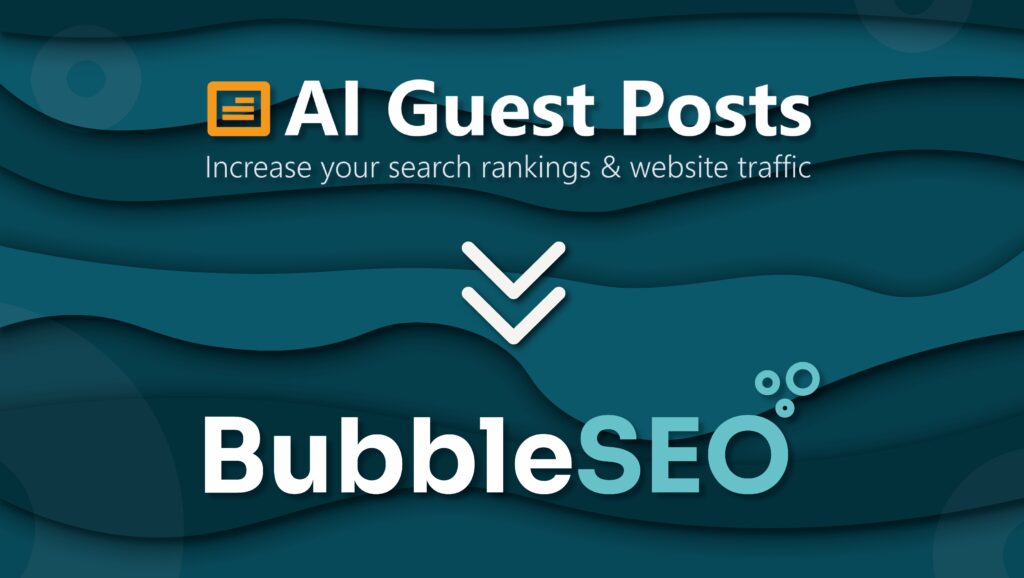
If you're new to SEO, navigating through its many layers can seem overwhelming. However, by following a clear, structured approach, you can start optimising your website and boosting your rankings effectively. Here's The Ultimate SEO Checklist for Beginners to help you understand the fundamentals and ensure you're on the right path to success. 1. Keyword Research Keywords form the foundation of any SEO strategy. Start by identifying the main keywords that are relevant to your business or niche. Tools like Google Keyword Planner, Ahrefs, or SEMrush can help you find high-traffic keywords with low competition. Target Long-Tail Keywords: These are more specific phrases that are less competitive and can help you capture targeted traffic. For example, instead of just "SEO," use "SEO for small businesses" or "SEO checklist for beginners." Understand User Intent: Ensure your keywords align with what your target audience is searching for, and use them naturally in your content. 2. On-Page SEO Optimisation Once you've identified your keywords, it's time to optimise your website pages. Title Tags: Include your primary keyword in the title tag, ideally at the beginning. Keep it under 60 characters. Meta Descriptions: Write compelling meta descriptions with your primary keyword to improve click-through rates (CTR). Header Tags: Use headers to structure your content, with the primary keyword in the H1 tag and related keywords in the H2 and H3 tags. Image Alt Text: Include keywords in the alt text of images to help search engines understand the context of your visuals. 3. Create High-Quality Content Content marketing is at the heart of SEO success. Focus on providing valuable, informative, and engaging content that resonates with your audience. Write for Humans First: Avoid keyword stuffing and prioritise creating helpful content that satisfies the needs of your readers. Use Keywords Naturally: Place your primary keyword in the first 100 words, and sprinkle related keywords throughout the text. However, keep the flow natural. Content-Length: While there’s no magic number, longer content (1000+ words) often ranks better, but only if it provides comprehensive value. Consistent Blogging: Regularly publish fresh blog posts on topics relevant to your audience, leveraging your target keywords. 4. Mobile Optimisation With mobile traffic now surpassing desktop, it’s critical that your website is optimised for mobile users. Responsive Design: Ensure your website is mobile-friendly and loads quickly on all devices. Fast Page Load Times: Use tools like Google PageSpeed Insights to check and improve your site’s speed. Slow sites can hurt both rankings and user experience. 5. Build Strong Backlinks Link building is essential for establishing your site's authority in your industry. The more high-quality backlinks (external sites linking to your content) you have, the better your chances of ranking higher in search results. Guest Posting: Write guest posts for reputable blogs within your niche and include backlinks to your site. This helps both SEO and brand visibility. Internal Linking: Link to other relevant content on your website to create a clear structure and boost page authority. Earn Editorial Links: Create high-quality, shareable content that others in your industry will naturally link to, such as guides, infographics, or data-driven reports. 6. Technical SEO Technical SEO ensures that your website is easy for search engines to crawl and index. Submit XML Sitemap: Make sure your site is indexed by submitting an XML sitemap to Google Search Console. Fix Broken Links: Use tools to identify and repair any broken links on your site, as they can hurt both user experience and SEO. Enable HTTPS: If your site doesn’t have an SSL certificate, secure it with HTTPS to protect users and improve rankings. 7. Track and Analyse Your Results SEO is an ongoing process. You need to monitor and measure your performance to see what’s working and what needs improvement. Use Google Analytics: Track your site’s traffic, top-performing pages, and where your visitors are coming from. Monitor Rankings: Regularly check how your keywords are ranking in search engines, and adjust your strategy accordingly. Watch Your Competitors: Keep an eye on competitors who rank well for your target keywords and analyse what they are doing right. By following this SEO checklist, beginners can set a strong foundation for long-term SEO success. From keyword research and content marketing to link building and technical SEO, each step is vital for improving your website’s rankings and visibility. Stay consistent, be patient, and continually refine your strategy as you track your results. With time and effort, you’ll start seeing the benefits of your SEO efforts!












